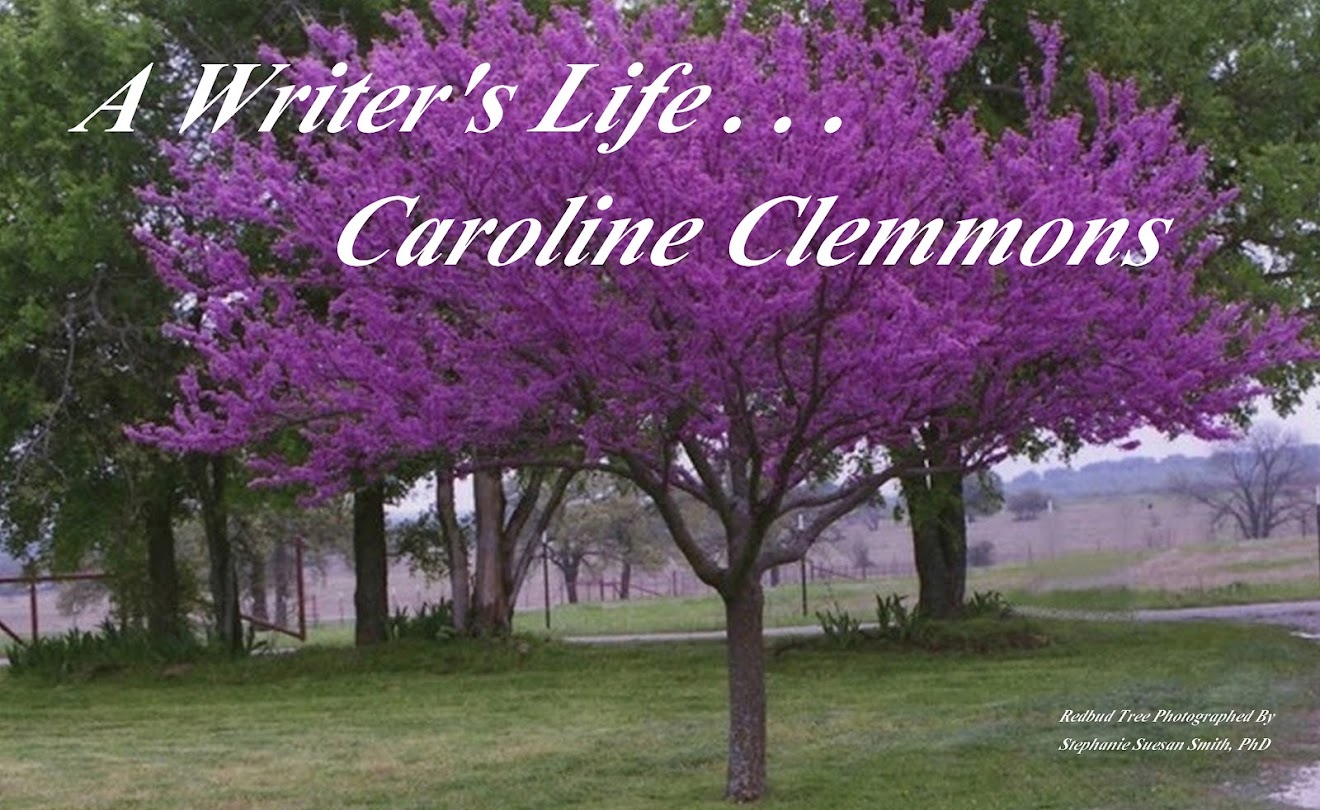| "The Declaration of Independence of the United States of America, July 4, 1776" by Charles Edouard Armand-Dumaresq is on display in the White House Cabinet Room |
Declaration of Independence?
| Thomas Jefferson, considered the principal author of the Declaration of Independence |
Signers included two future Presidents of the United States: Thomas Jefferson and John Adams. Althought these two men were frequently adversaries during their political careers, they had made peace between them by the time each died on the same day--July 4th, 1826--exactly fifty years after signing the Declaration of Independence.
Five signers were captured by the British as traitors, and tortured before they died.
Twelve had their homes ransacked and burned.
Two lost their sons serving in the Revolutionary Army; another had two sons captured.
Nine of the 56 fought and died from wounds or hardships of the Revolutionary War.
| Carter Braxton |
| Thomas McKean |
| Washington |
headquarters. He quietly urged General George Washington to open fire. The home was destroyed, and Nelson died bankrupt.
Francis Lewis had his home and properties destroyed. The enemy jailed his wife, and she died within a few months.
| John Hart |
Their 13 children fled for their lives. His fields and his gristmill were laid to waste. For more than a year he lived in forests and caves, returning home to find his wife dead and his children vanished. His wife died in October of 1776. John Hart continued in politics in New Jersey until his death from kidney stones in 1779.
The 56 names, their occupations, and state they represented are:
John Adams, lawyer, Massachusetts
Samuel Adams, mrchant, Massachusetts
Josiah Bartlett, physician, New Hampshire
Charles Carrol, merchant/plantation owner, Maryland
Samuel Chase, lawyer, Massachusetts
Abraham Clark, lawyer/surveyor, New Jersey
George Clymer, merchant from Pennsylvania
William Ellery, lawyer/merchant, Rhode Island
William Floyd, land speculator, New York
Benjamin Franklin, scientist/printer, Pennsylvania
Elbridge Gerry, merchant, Massachusetts
Button Gwinnett, merchant/plantation owner, Georgia
Lyman Hall, physician/Congregationalist minister, Georgia
John Hancock, merchant, Massachusetts
Benjamin Harrison, plantation, from Georgia
John Hart, land owner, New Jersey
Joseph Hewes, merchant, North Carolina
Thomas Heyward, Jr., lawyer/plantation owner, South Carolina
William Hooper, lawyer, North Carolina
Stephen Hopkins, merchant, Rhode Island
Francis Hopkinson, lawyer/musician, New Jersey
Samuel Huntington, lawyer, Connecticut
Thomas Jefferson, lawyer/plantation owner,Virginia
Francis Lightfoot Lee, plantation owner, Virginia
Richard Henry Lee, plantation owner/merchant, Virginia
Francis Lewis, merchant, New York
Philip Livingston, merchant, New York
Thomas Lynch Jr., lawyer, South Carolina
Thomas McKean, lawyer, Delaware
Arhtur Middleton, plantation owner, South Carolina
Lewis Morris, plantation owner, New York
Robert Morris, merchant/land speculator, Pennsylvania
John Morton, farmer, Pennsylvania
Thomas Nelson, Jr., merchant/plantation owner, Virginia
William Paca, lawyer/plantation owner, Maryland
Robert Treat Paine, lawyer/scientist, Massachusetts
John Penn, lawyer, Pennsylvania
George Read, lawyer, Delaware
Caesar Rodney, plantation owner/soldier, Delaware
George Ross, lawyer, Pennsylvania
Benjamin Rush, physician, Pennsylvania
Edward Rutledge, lawyer/plantation owner, South Carolina
Roger Sherman, lawyer, Connecticut
James Smith, lawyer, Pennsylvania
Richard Stockton, lawyer, New Jersey
Thomas Stone, lawyer, Maryland
George Taylor, merchant, Pennsylvania
Matthew Thornton, physician, New Hampshire
George Walton, lawyer, Georgia
William Whipple, merchant, New Hampshire
William Williams, merchant, Connecticut
James Wilson, lawyer, Pennsylvania
John Witherspoon, Presbyterian minister, New Jersey
Oliver Wolcott, lawyer, Connecticut
George Wythe, lawyer, Virginia
Gwinnett and Morris were born in England. Lewis was born in Wales. Smith, Taylor, and Thornton were born in Ireland. Wilson and Witherspoon were born in Scotland. Other signers were born in what were then the American Colonies.So, take a few minutes while enjoying your 4th of July holiday and
silently thank these patriots. It's not much to ask for the price they
paid.
| Remember: Freedom is never free! |
Patriotism is NOT a sin, and--although celebrations are fun and important--the Fourth of July has more to it than beer, picnics, fireworks and baseball games. Really, it does.
| HAPPY FOURTH OF JULY! |

Excellent!! Thank you Caroline!!
ReplyDeleteThese men were willing to lose everything, including their lives, for what they believed in. How many of us can honestly say the same?
ReplyDeleteNo, patriotism is not a sin. But remember, patriotism is not following our leaders blindly, but reasoned beliefs and behaviors based on what is best for our country. A patriot can disagree vehemently with the leaders of our country if they do not act in a responsible way.